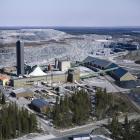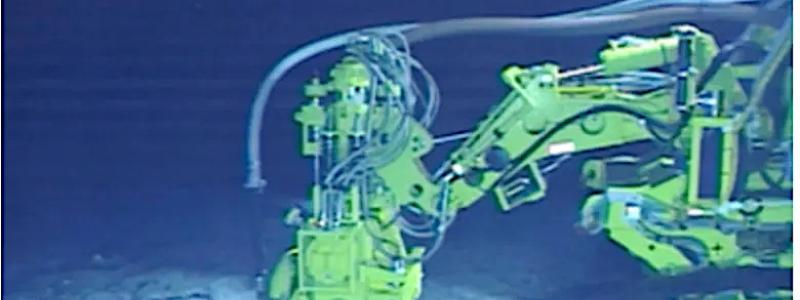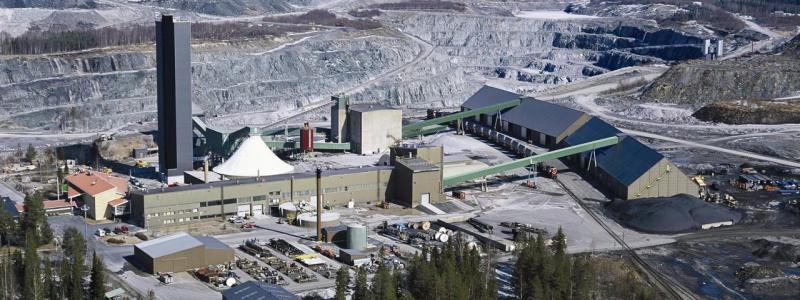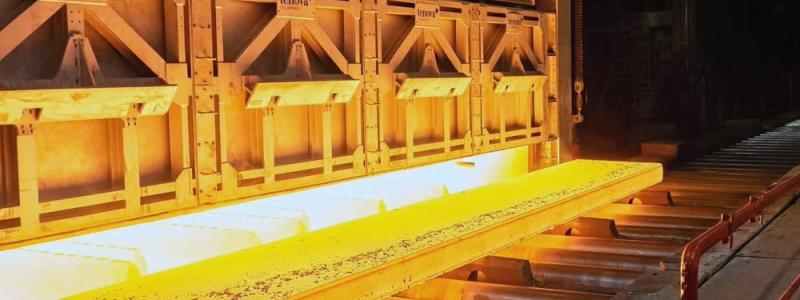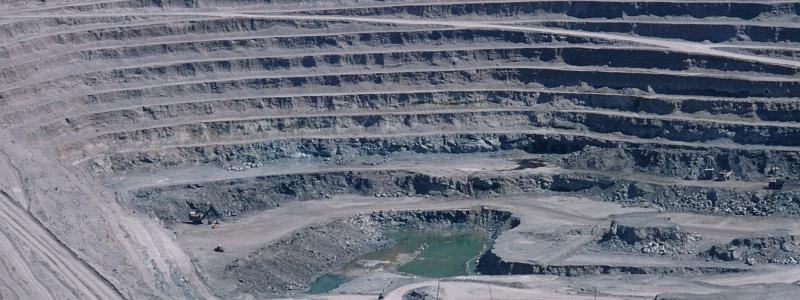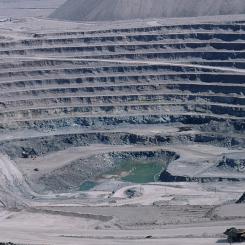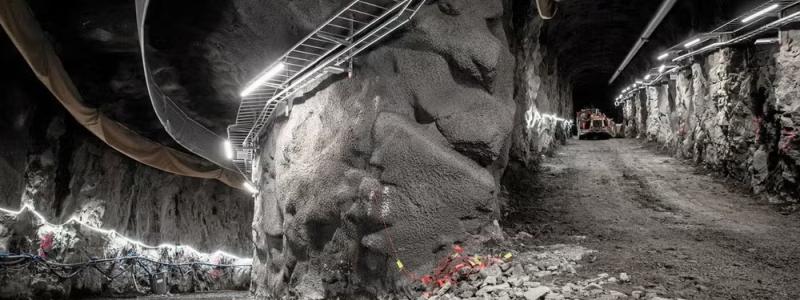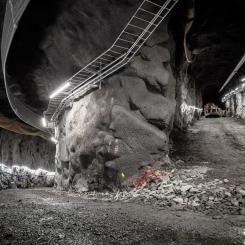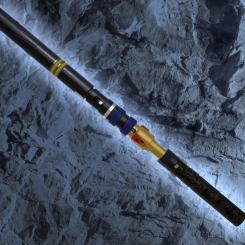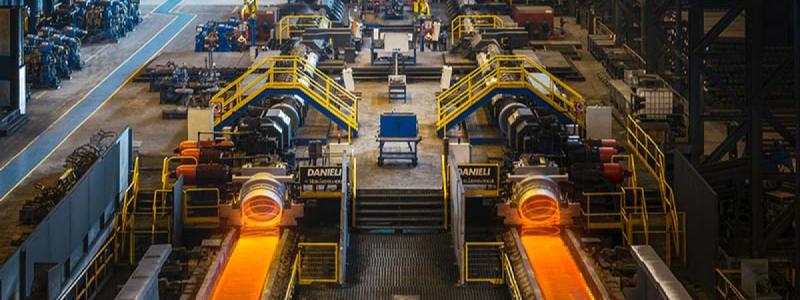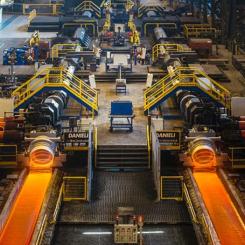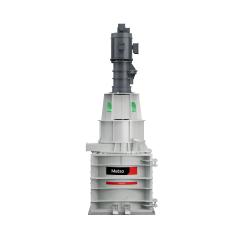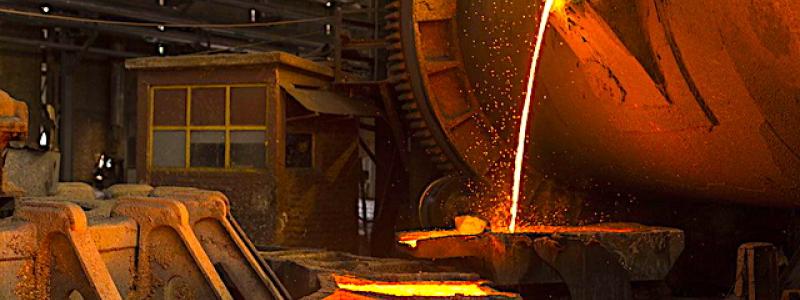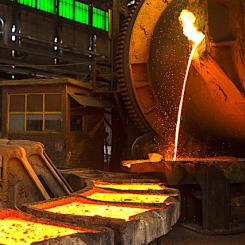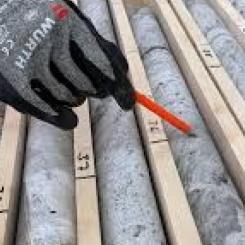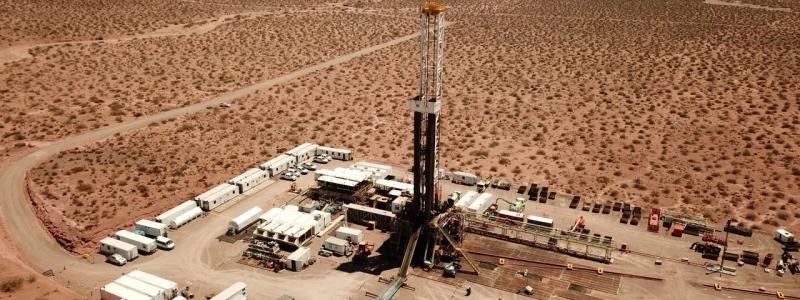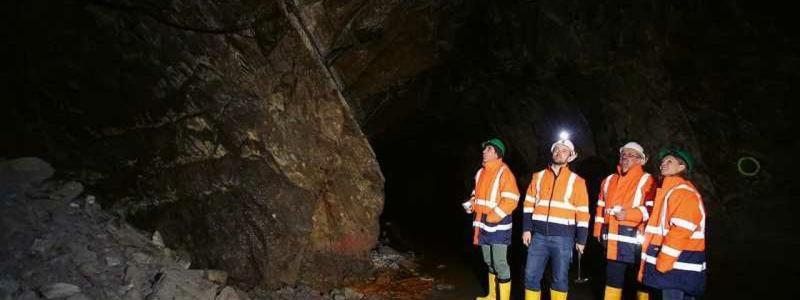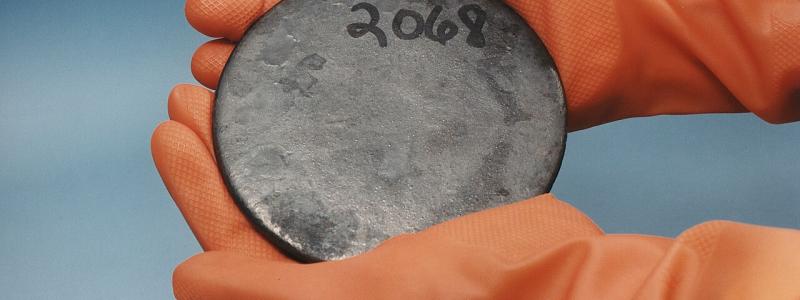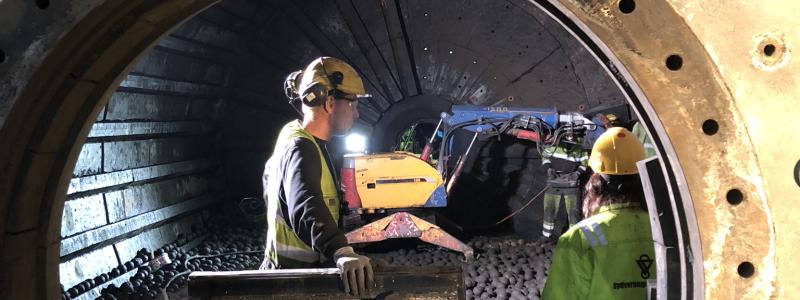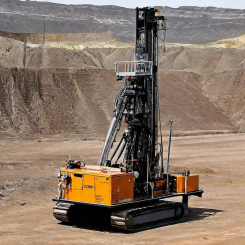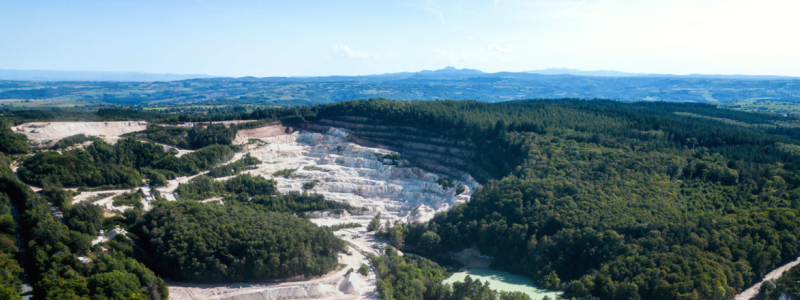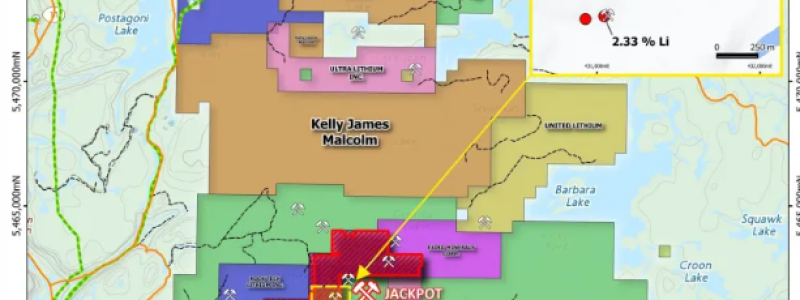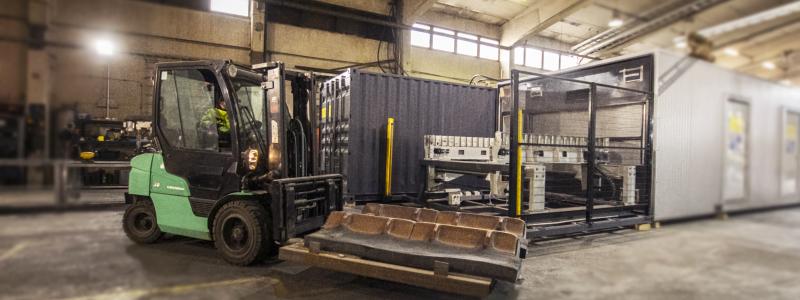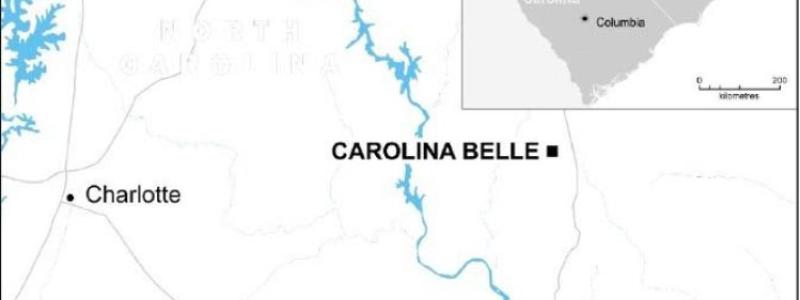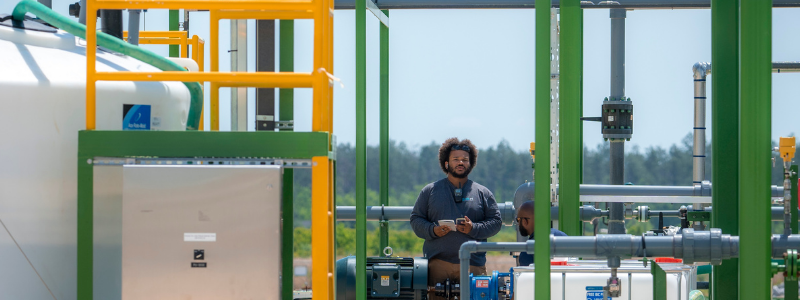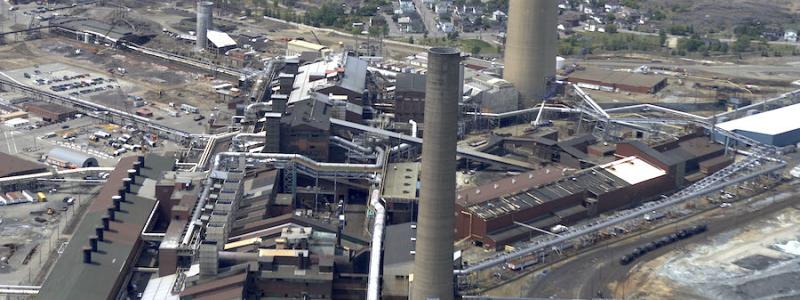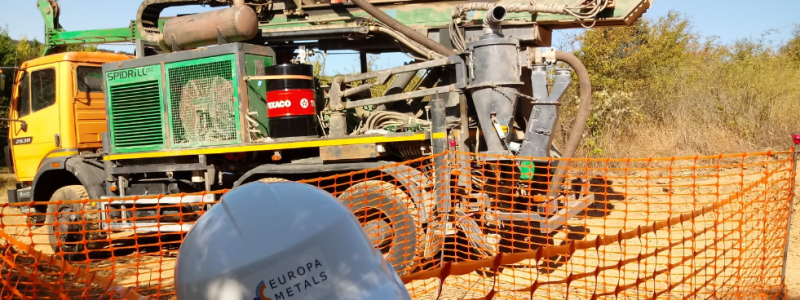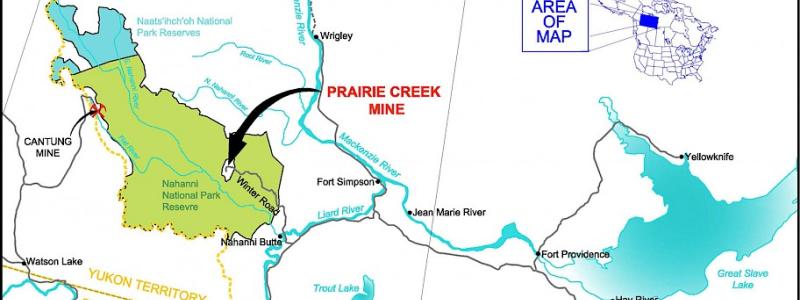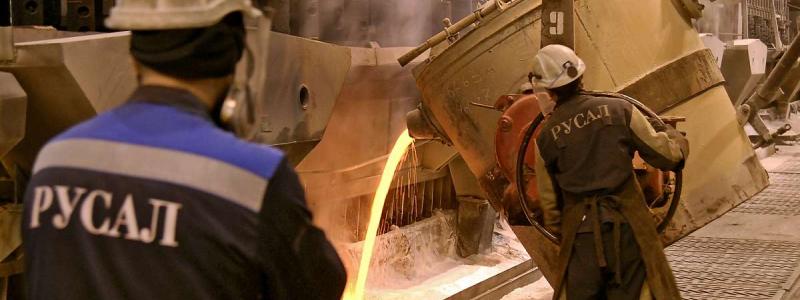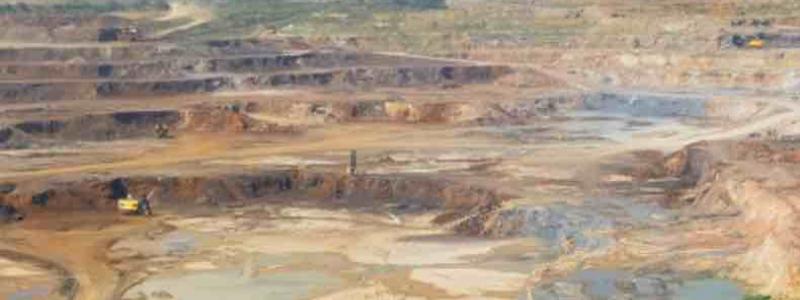There is no need for major changes to the Finnish Mining Act, but "little filing is needed". For example, collateral is too small.
The mines' collateral insurance is too small and unsuitable for the purpose, says the liquidator Pekka Vihervuori in his report on the development of mining legislation today.
Collateral insurance is needed when the mine stops operating and the area must be made safe for people and the environment.
- It seems that the level of security is somewhat too low, Vihervuori told the Government at a press conference.
In addition to insufficient levels, the problem is the distribution of collateral insurance under two laws.
The Mining Act focuses on the security of the area for those moving in the area, in practice, for example, fencing. Environmental protection legislation, in turn, calls for the restoration of mine waste facilities. According to Green Year, these collaterals should be able to be used in a cross-coordinated manner.
In March, the Minister of Employment and the Economy, together with the Ministry of the Environment, invited Vihervuori to investigate how the legislation governing mining works. The results of the study have been used to form even the government program.
Vihervuori believes that the Finnish mining law does not need to be completely reformed, but he proposes many minor changes. The basic problem is that the mines are mainly divided into two laws.
- There are a certain overlap and a danger of gaps. These should be standardized.
The prohibition of mining by zoning is still unclear
The new government intends to give municipalities the right to decide, by means of zoning, whether mining is possible in the municipality. According to Vihervuori, this possibility is not clear within the framework of the current law.
In its decision, KHO argued that the provisions prohibiting mining did not directly concern the environmental impact, but the prohibition of certain types of economic activity.
Vihervuori said that this court decision proved that at least a "pretty rough" general plan for banning mines crashed.




